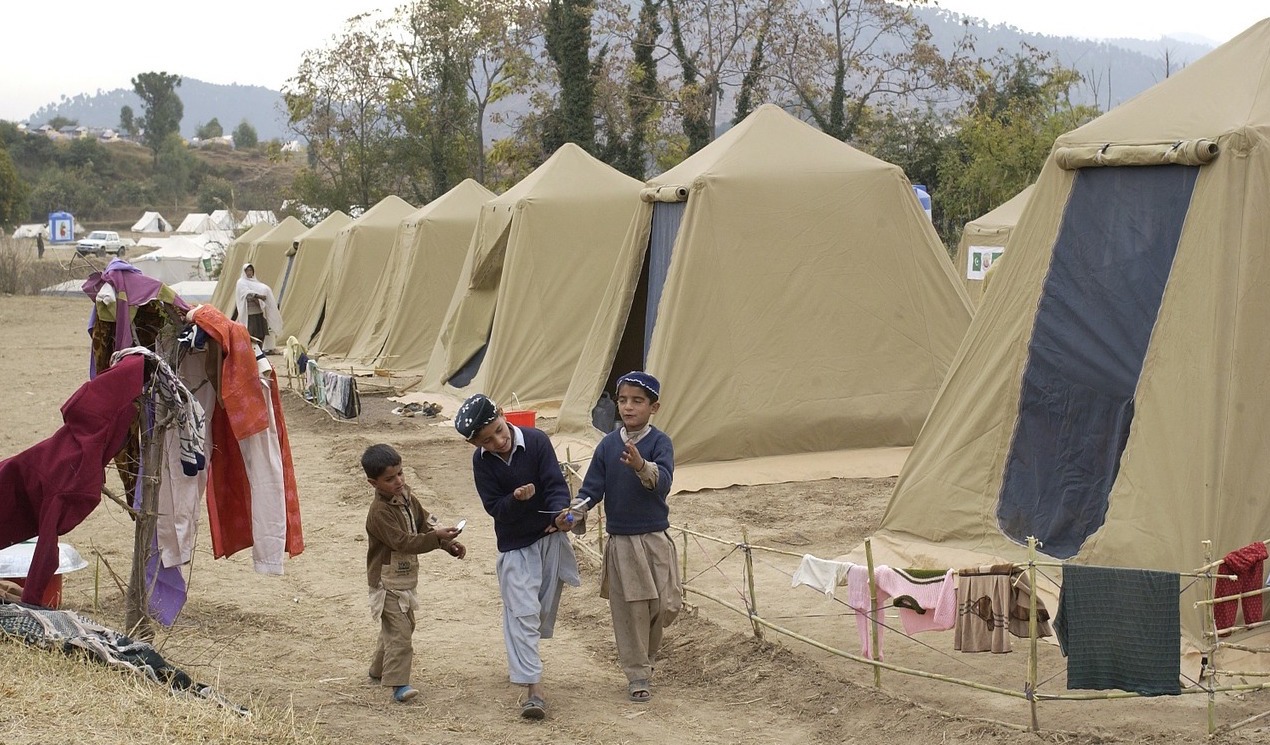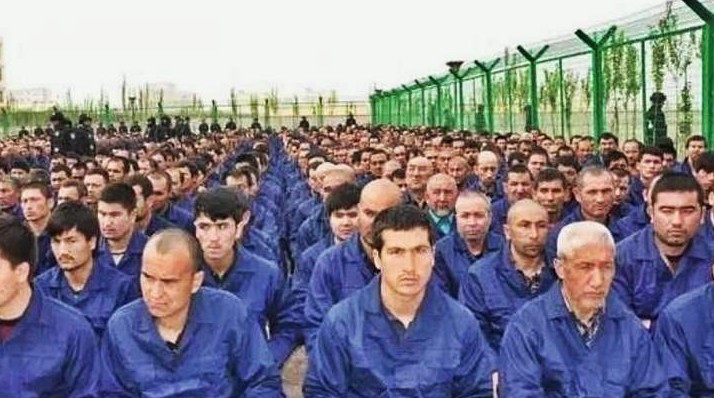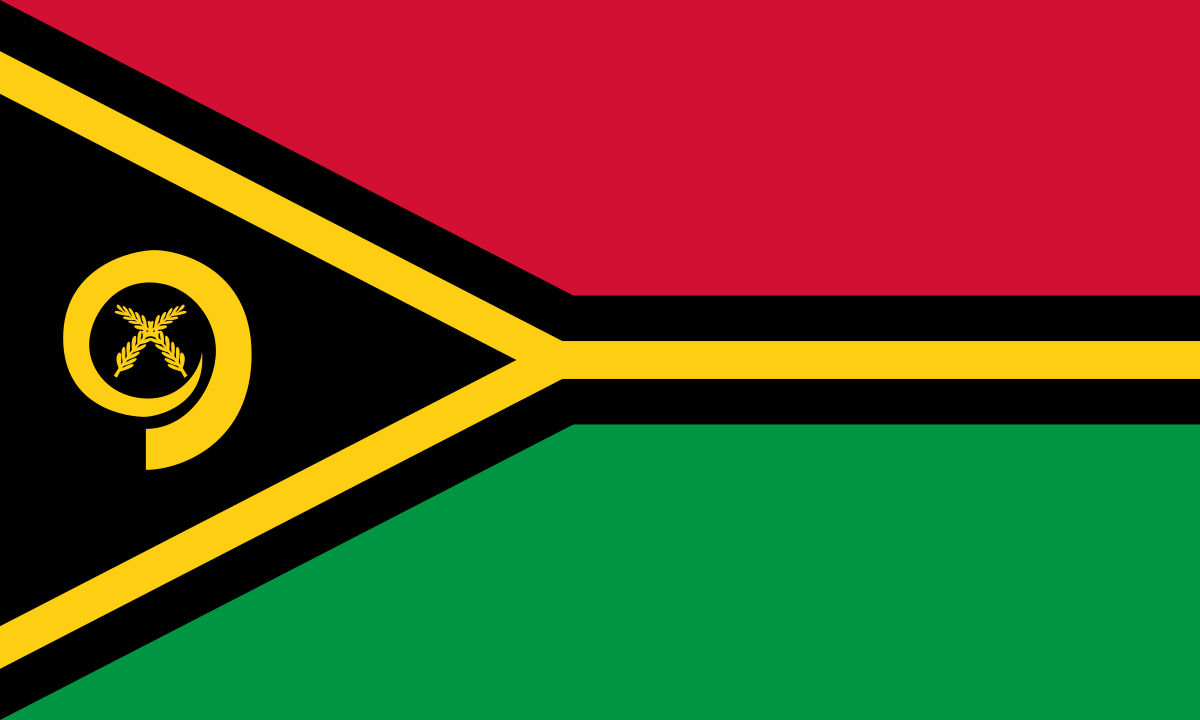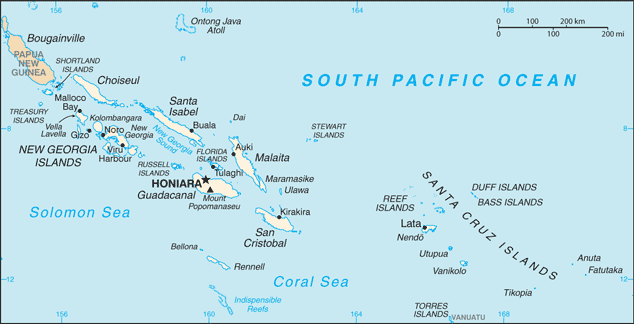
NYC: did socialism really beat fascism?
Zohran Mamdani‘s Oval Office lovefest with Donald Trump was a dangerous legitimization of fascism, and has won New York no respite—as the city was targeted for ICE raids mere days later. These were happily met with a strong street response by progressive New Yorkers, and Zohran has reiterated his stance of non-cooperation with the federal police state. Meanwhile, the massacre of Jews one week ago in Sydney increases the pressure on Mamdani to walk the fine line between remaining true to his anti-Zionist principles on one hand, and acquiescing in anti-Semitism on the other. And his support for bulldozing the Elizabeth Street Garden (even after a deal to save it has been accepted by the incumbent administration), while failing to protest displacement of tenants from public housing projects slated for privatization, points to an accommodation with the pro-“development” consensus of the city’s permanent government. On the final countdown to Mamdani’s inauguration, the contradictions he faces are sharpening. In Episode 309 of the CounterVortex podcast, Bill Weinberg breaks it down. (Photo: DSA)













